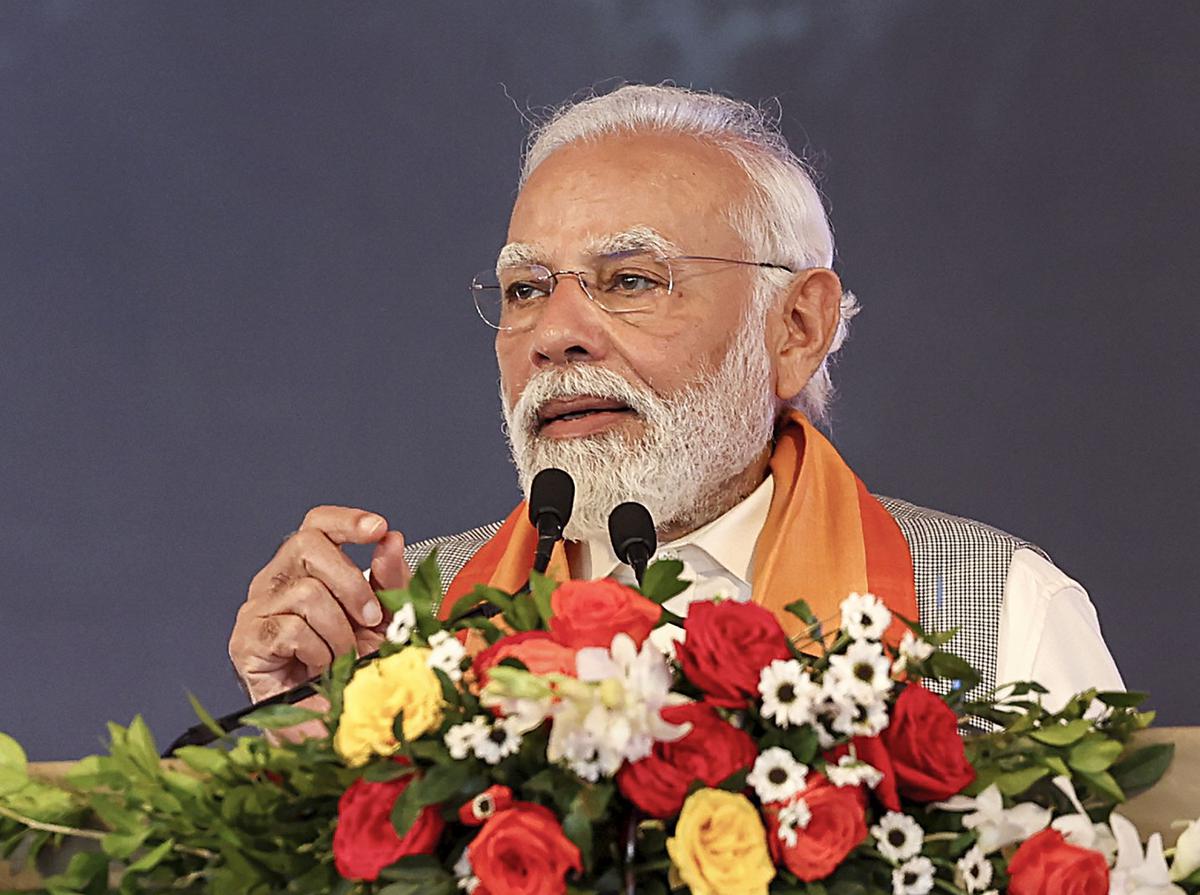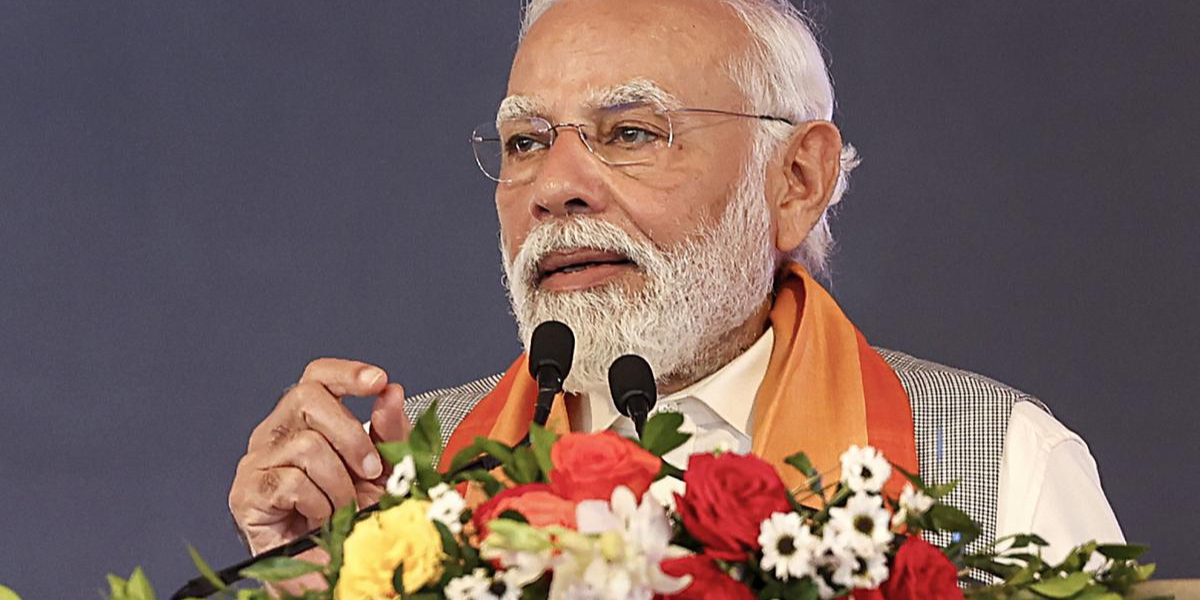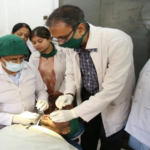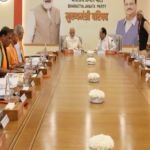![]()

On January 5, the Union Cabinet approved the ₹4,797-crore “Prithvi” (Earth) programme, which is anticipated to incorporate the Ministry of Earth Sciences’ five current schemes (MoES).
The goals of these programs are to: develop models to understand and predict weather, ocean, and climate hazards; explore polar and high-seas regions of the earth to discover new phenomena and resources; develop technology for exploration and sustainable harnessing of oceanic resources for societal applications; and translate knowledge and insights from Earth Systems science into services for societal, environmental, and economic benefit. All of these goals are necessary to monitor changes in the planet’s atmosphere, ocean, geosphere, cryosphere, and solid earth.
The Deep Ocean Mission, or DOM, is a significant part of the Ministry. One of its goals is to send a manned submersible 6,000 meters into the Indian Ocean. “All of our other major activities are largely encompassed by the Prithvi programme,” M. Ravichandran, Secretary, MoES, stated to The Hindu.
The Cabinet approved the DOM in 2021, at a cost of ₹4,000 crore over five years.
India Meteorological Department (IMD), National Centre for Medium Range Weather Forecasting (NCMRWF), Centre for Marine Living Resources and Ecology (CMLRE), National Centre for Coastal Research (NCCR), National Centre for Seismology (NCS), National Institute of Ocean Technology (NIOT), Indian National Centre for Ocean Information Service (INCOIS), National Centre for Polar and Ocean Research (NCPOR), Indian Institute of Tropical Meteorology (IITM), and National Centre for Earth Science Studies (NCESS) are the ten Institutes that make up MoES’s research and development as well as its operational (services) divisions. The Ministry’s fleet of coastal and oceanographic research vessels provides the necessary research support for its programs.
Satellite for Mauritius

A deal to collaborate on the development of a “small satellite” between the Mauritius Research and Innovation Council (MRIC) and the Indian Space Research Organization (ISRO) was also approved by the Cabinet on January 5. The gadget is anticipated to be completed in 15 months and cost ₹20 crore.
Since ISRO established a ground station in Mauritius in the 1980s to support its satellite missions and launch vehicle tracking and telemetry, India and Mauritius have enjoyed a long history of cooperation.








